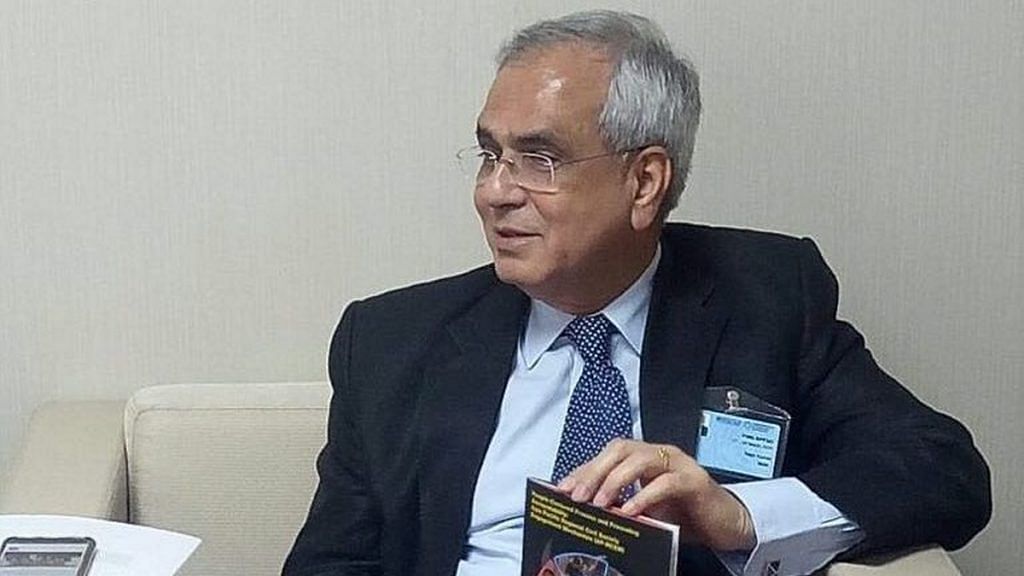New Delhi: India is facing many systemic challenges with the financial sector still reviving from the “excesses of the past” and state and central governments constrained by lack of land and labour reforms, Niti Aayog vice-chairman Rajiv Kumar has said.
In a recent interview to IDFC Institute’s Visiting Fellow Shankkar Aiyar as part of Artha Dialogues 2019, Kumar pointed out that India is tackling the challenge of accelerating growth at a time it is “faced with the extra constraint of the environment”. He added that the financial sector’s ability to finance growth has been compromised.
“This is not a situation that we have faced in the past. It is not the usual cyclical slowdown,” he said.
Highlighting that borrowers who needed funds were not able to get loans in the aftermath of the IL&FS crisis last year, despite liquidity in the system, Kumar said the trust between economic agents was “beginning to collapse”.
The IL&FS crisis that emerged in August 2018 led to severe liquidity shortage in the financial system making it difficult for many non-banking finance companies and housing finance companies to raise funds from the market.
While he mentioned the issues the Indian economy faces currently, Kumar stressed the country will emerge from this phase of economic slowdown.
“I think we will emerge from the slowdown because of all the measures that have been taken not only in the past few months but in the past few years for improving investor sentiment,” Rajiv Kumar said.
India’s economic growth slowed to a six-year low of 5 per cent in the quarter ended June, forcing the Reserve Bank of India to revise the full-year growth forecast lower to 6.1 per cent.
Also read: NITI Aayog wants 50 world-class stations on priority, group of secretaries to push project
‘Regulatory cholesterol’
During the interview, Rajiv Kumar said state governments and chief ministers are aware of the challenges when it comes to growth, employment generation or attracting investment, but don’t have the capacity to address it effectively.
“Every state is grappling with the challenge of economic growth. Capacity needs to be built up further. I don’t think they have the capacity or the intellectual firepower to tackle the macroeconomic challenges they face. This is where Niti Aayog can help them,” he said.
The Niti Aayog vice chairman pointed out how democratically elected governments are facing a “constraint whether it’s acquisition one of land or changing of labour laws”, and pitched for reduction in the compliance burden in the states.
“A large chunk of the regulatory burden is in the states. Regulatory cholesterol has to be reduced. Unless we reduce the compliance and regulatory burden, we won’t be able to reduce the rent seeking,” he said.
Rajiv Kumar added that it’s important for states to have an inventory of land under their control that they could offer to investors for their projects, effectively sharing the project risk with the investor.
As a solution to this, the Niti Aayog VC pitched for setting up regional council of states — for instance, coastal states or the Himalayan states could come together on one forum to share their best practices.
Also read: Indian economy is on a decline. So why are IMF and World Bank’s growth forecasts so high
ThePrint was the sole digital partner for the IDFC Institute’s Artha Dialogues 2019.
